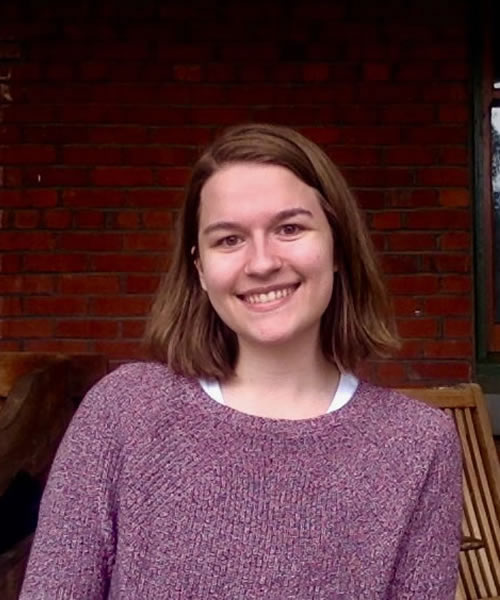“Work hard, play hard.” When I first got to Georgetown, I celebrated this philosophy. Two years later, and I was exhausted. I wondered what it was like to have enough time to actually do the readings for my classes to the level of comprehension, not just pretending for participation points. I wondered how much sleep I would actually need each night if I didn’t rotate between extended naps and exhaustion-fueled hibernations. I wondered what it would be like if every moment of my life wasn’t scheduled on Google Calendar.
Soon after, I found the word lagom. This is a Swedish word but also a philosophy, attitude, and way of life. It most directly translates to “balance,” or “optimal.” The word means not too little and not too much—just lagom. However, lagom is not simply about quantification; it is not a static measurement. What is lagom for you is not necessary lagom for me. What is lagom for me today is not necessary lagom for me tomorrow. Lagom is not a state of being to be achieved, but a way of being content with ourselves and others. Lagom is not an individual pursuit, but a collective value.
Lagom looks like everyone standing apart while they wait for the bus. While on the bus, lagom is the passengers sitting as spread out as possible to provide everyone with as much space as they may need to have lagom. It sounds like the quiet of the metro station, even during rush hour, as everyone respects the impact that any loudness may have on others’ ability to have lagom. Lagom is my host mom’s answer when I ask how much butter to add to the pan. Lagom means my host brother doesn’t understand when I try to explain what an “all-nighter” is and why we do them. Lagom feels like an evening family ritual of watching Grey’s Anatomy after dinner.
Watching Grey’s Anatomy has been especially meaningful for me. Despite the fact that my host mom is a member of the national parliament, my host dad has several community leadership positions, and my host brother is a nursing student working a part-time job, I have never eaten dinner alone; 80 percent of the time we all eat dinner together. We take our time, no one rushing to finish so they can move onto work or studying. Once everyone has finished, some coffee is prepared and we all move into the living room to watch Grey’s Anatomy. My host family loves medical dramas. When they found out that I love Grey’s Anatomy, we started with the first episode and have been watching regularly since I arrived in Stockholm.
We only watch one or two episodes (maybe three if we start early enough)—never binge watching. We’re always done by 10:30 p.m., as most of the family gets up around 7:00 a.m. Once one person says they need to go to sleep, everyone else agrees that it’s time to stop for the night. No one is working or doing homework. The most multitasking that occurs is my texting or my host mom’s knitting. Everyone in the family has expressed their excitement for the next episode (and Swedes are blunt and reserved enough for this to only be genuine), so this isn’t something they do just for my sake, but because everyone wants to. This is a practice of relationship building, relaxation, and lagom.
So much of lagom interconnects with other aspects of Swedish culture and society, such as the law of Jante that asserts the value of equality between people, or the practice of fika that promotes taking time to be in the company of others simply for the sake of that company (and coffee). Lagom is not a concept that was created to challenge any extremist tendencies in Swedish people, but instead a notion that in many ways summarized the practices that are already an integral part of being Swedish. While in the United States I was constantly challenged to do more, have more, be more. Sweden and lagom instead challenge me to be at peace—with others and with myself.

